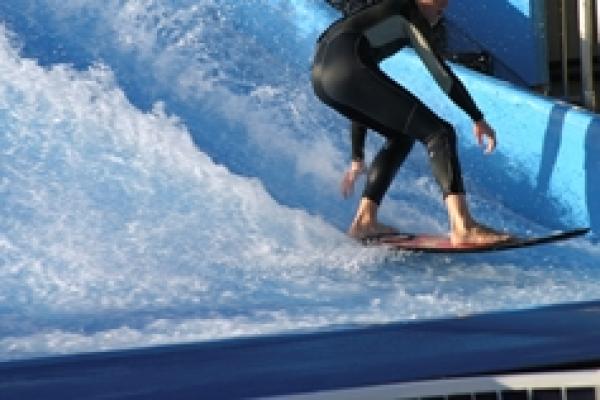
Paul Brewer
Published: August 01, 2011

How enforceable are waivers of liability?
The use of waivers by providers of dangerous recreational activities to bar suits for negligence has been consistently upheld by the courts in the 11th Circuit (Florida).
In order to be enforceable, a waiver must be clear and unequivocal. For cruise lines, however, additional difficulties arise due to the application of 46 U.S.C. § 30509. Under this statute a provision in a regulation or contract limiting the liability of the owner, master, or agent of a vessel transporting passengers between ports in the United States, or between a port in the United States and a port in a foreign country, for personal injury or death caused by the negligence or fault of the owner or owners, employees or agents is void. Thus, under maritime law, a common carrier generally may not exculpate itself from liability.
46 U.S.C. § 30509 applies to invalidate an exculpatory clause where the common carrier is attempting to limit its liability for negligence related to its traditional activity of providing transportation to passengers. However, the statute does not apply where the common carrier is acting outside the performance of its duty as a common carrier.
Additionally, 46 U.S.C. § 30509 only applies in situations where maritime law is applicable. In order for maritime law to apply, two requirements must be met: (1) the incident causing the harm took place in navigable waters and (2) the activity giving rise to the incident has a potentially disruptive impact on maritime commerce and shows a substantial relationship to traditional maritime activity.
So some events on cruise ships, such as use of a flow rider, might allow for a waiver to be used and relied upon. After all, the flow rider does not fall into a shipowner’s traditional activity of providing transportation to passengers, nor would it seem to come within point (2) above. Accordingly, Federal Admiralty Jurisdiction is not invoked and the General Maritime Law does not apply in such circumstances.
46 U.S.C. § 30509 was originally enacted prior to the development of the modern cruise line industry. It was designed to protect passengers using a ship for transportation purposes from a shipowner’s attempt to exculpate itself from liability related to the carriage of the passengers and to redress the inequality in bargaining power between the parties.
Where a passenger signs a release before taking part in a voluntary and inherently risky recreational activity (purchased separately from the cruise fare) such a scenario was not envisioned by the statute. If the waiver clearly and unambiguously releases the defendant from liability for any negligence or damage associated with such activity then it should be enforced.
Article by Paul Brewer ([email protected]) and Lauren DeFabio of Mase & Lara LLP, Miami.


